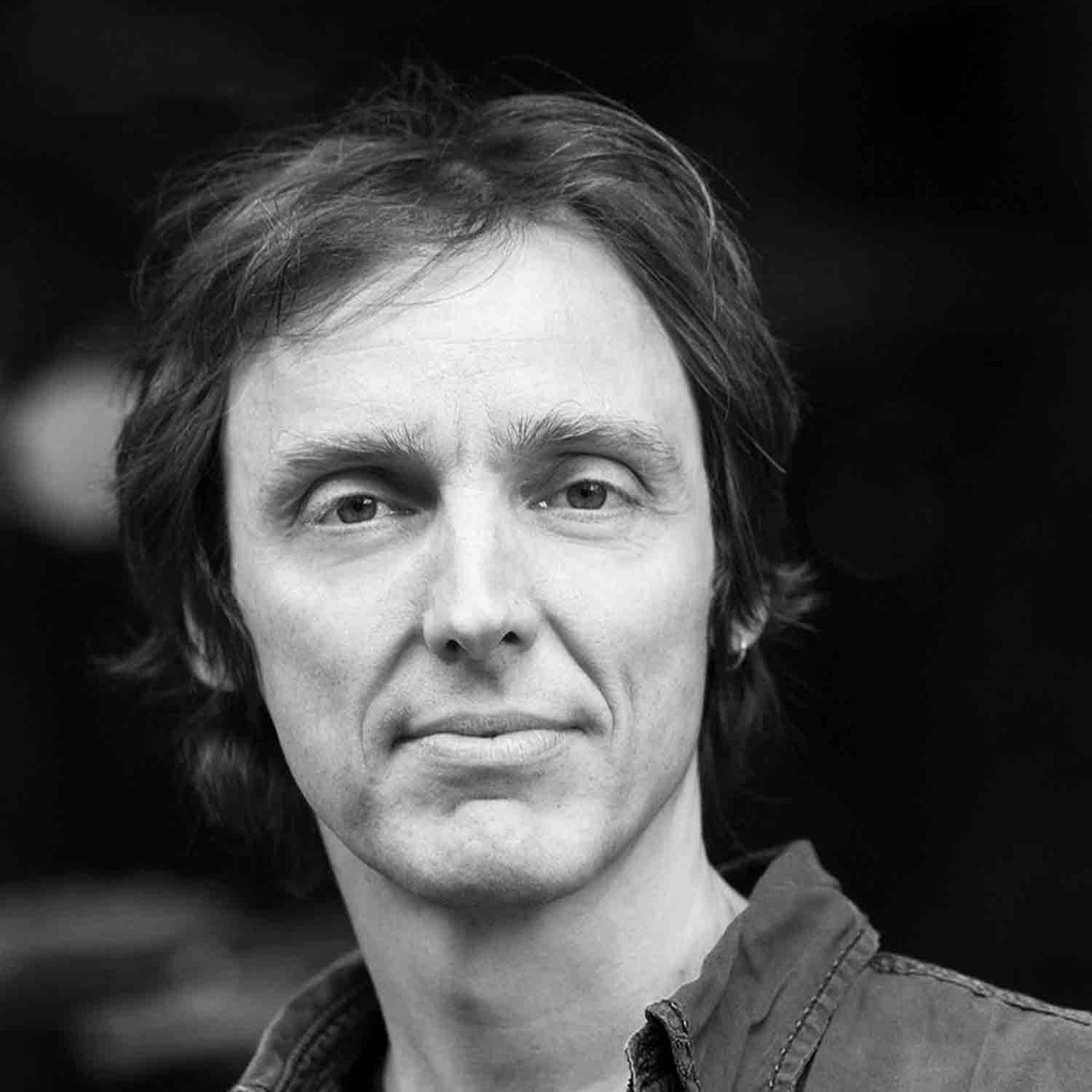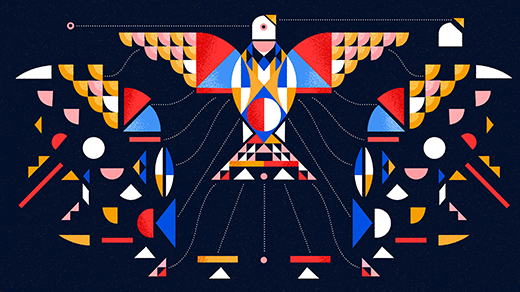Latest Articles
Why Everything in the Universe Turns More Complex
A new suggestion that complexity increases over time, not just in living organisms but in the nonliving world, promises to rewrite notions of time and evolution.
The New Math of How Large-Scale Order Emerges
The puzzle of emergence asks how regularities emerge on macro scales out of uncountable constituent parts. A new framework has researchers hopeful that a solution is near.
The Best Qubits for Quantum Computing Might Just Be Atoms
In the search for the most scalable hardware to use for quantum computers, qubits made of individual atoms are having a breakout moment.
A ‘Lobby’ Where a Molecule Mob Tells Genes What to Do
Highly repetitive regions of junk DNA may be the key to a newly discovered mechanism for gene regulation.
‘Embryo Models’ Challenge Legal, Ethical and Biological Concepts
With embryolike constructs built entirely from stem cells, researchers can revolutionize our understanding of development. But how close to an embryo is too close?
A New Idea for How to Assemble Life
If we want to understand complex constructions, such as ourselves, assembly theory says we must account for the entire history of how such entities came to be.
Experiments Spell Doom for Decades-Old Explanation of Quantum Weirdness
Physical-collapse theories have long offered a natural solution to the central mystery of the quantum world. But a series of increasingly precise experiments are making them untenable.
Physicists Rewrite the Fundamental Law That Leads to Disorder
The second law of thermodynamics is among the most sacred in all of science, but it has always rested on 19th century arguments about probability. New arguments trace its true source to the flows of quantum information.
Major Quantum Computing Strategy Suffers Serious Setbacks
So-called topological quantum computing would avoid many of the problems that stand in the way of full-scale quantum computers. But high-profile missteps have led some experts to question whether the field is fooling itself.









